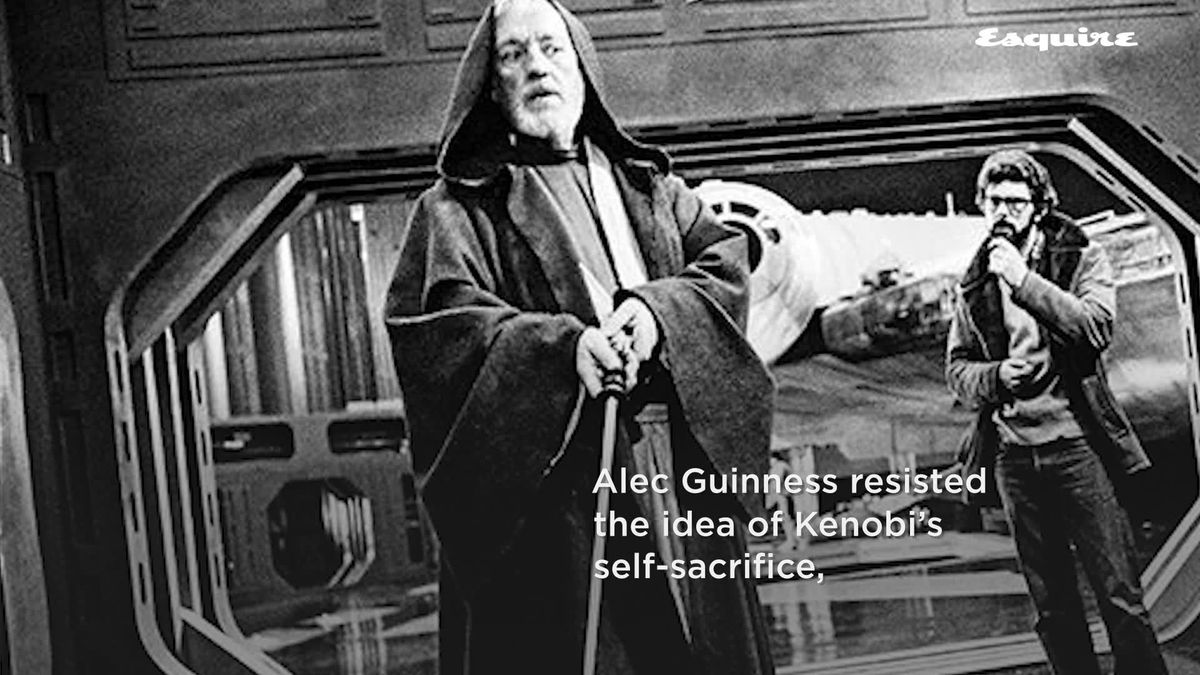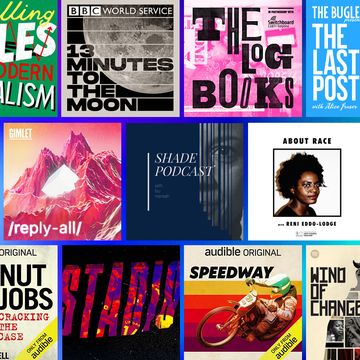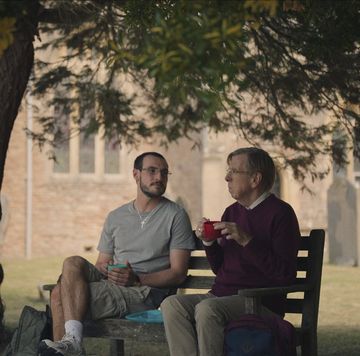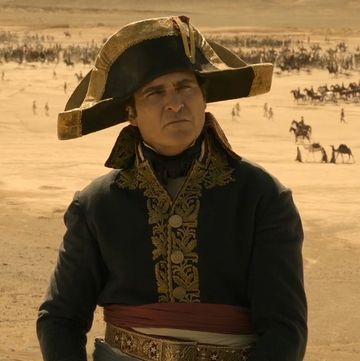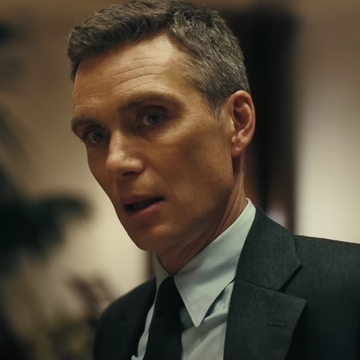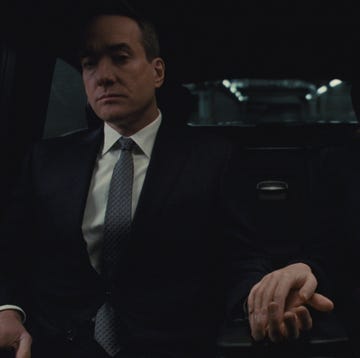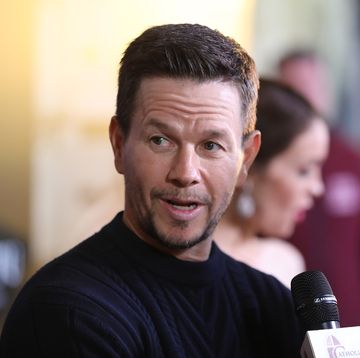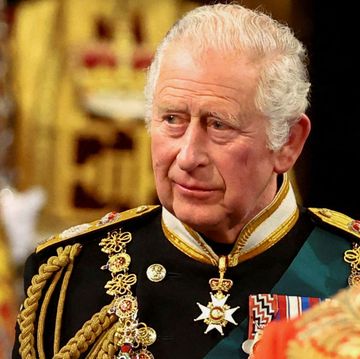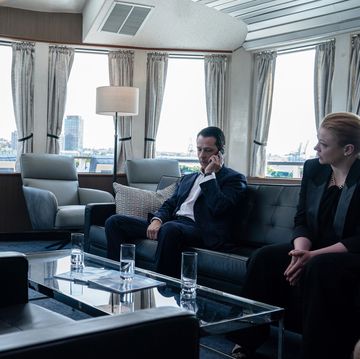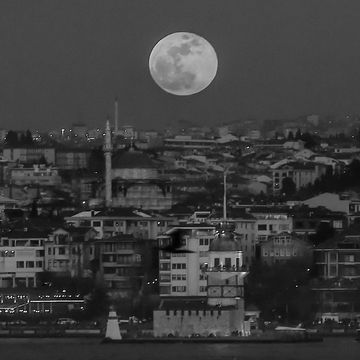Some of my earliest memories about movies are of Star Wars. Taking old wrapping paper tubes and playing lightsabers with my dad, dressing up as Luke Skywalker, desperately wanting the Millennium Falcon Lego set, watching the original VHS boxed trilogy and having to fast forward through Leonard Maltin’s boring interview with George Lucas every goddamn time.
That’s what Star Wars had always been to me—a movie that shaped my childhood, along with my understanding of good and evil. Luke and Leia and Obi-Wan and Yoda—all of these characters aided in honing my own moral compass throughout my formative years. Of course I grew up, but I never forgot these characters or their values. In fact, I’m only somewhat ashamed to admit that I cried in the cinema when I (then a grown-ass adult) watched Han Solo die. It was like losing a member of my own family.
Even then, tearing up during The Force Awakens, I had no idea that just three years later even the mention of Star Wars would fill me with dread.
These days, Star Wars coverage is a large part of my job. As a culture critic, writer, and editor, hardly a week goes by where I don’t touch something Star Wars-related. Since Disney rebooted the franchise, it’s produced some of the highest-grossing movies of the last four years, not to mention limitless news, takes, and theories about each film. But, within the past year, the conversation about Star Wars has gotten deeply unpleasant. In 2018, I’ve gotten literal death threats, been called homophobic slurs, even called racist (toward Star Wars fans?) about a family movie that defined my childhood. And this isn’t a problem limited to my experience—oh no—my online harassment has paled in comparison to others (specifically the female stars of the two new films). And that’s because, over the past year, the conversation surrounding Star Wars has devolved into something ugly and unrecognizable. Whereas the vocal majority of Star Wars fans were once simply passionate people who cosplay and debate the logistics of a Kessel Run, they’ve now been overpowered (on the internet, at least).
Star Wars, and a loud section of Star Wars fans, have tragically become synonymous with hate, bigotry, and pervasive assholeness in 2018. From various sinister online campaigns, to racist and misogynistic attacks on actors, to bafflingly stupid takes and interpretations of the film, The Last Jedi inspired the worst impulses of a far-right movement that’s taking hold of the internet and extending its influence into the real world.
The hate began almost immediately after the Last Jedi hit theatres to positive reviews from critics. Days after the movie was released, Rotten Tomatoes was swarmed with negative reviews marking the biggest disparity between fans and critics in the history of the franchise. As of this week, the film has a 91 percent from critics and a 45 percent from fans. While many of the fans have legitimate concerns with the actual filmmaking, many of these audience reviews are coming from a different place, like this comparatively tame one I pulled at random from the first page of Rotten Tomatoes:
“I'm still lamenting over how terrible this movie was. I have to pretend I never saw it, just to get me through the day. We're not buying your political agenda. I didn't see Solo as a way of giving the finger to Rian Johnson and Kathleen Kennedy and many others did the same.”
This became the narrative surrounding Star Wars and the rejection of The Last Jedi throughout 2018. Emboldened members of the far-right used Star Wars as another easy target for online hatred.
What’s confusing is how badly these alleged Star Wars “fans” misunderstand Star Wars. From the very beginning, it was a progressive franchise, even considering some of the embarrassing Hollywood norms of the '70s. George Lucas gave Princess Leia a blaster and had her take charge of her own rescue, while many women on screen at the time remained the damsel in distress. The Rebels fought against a totalitarian Empire that not-so-subtly resembled Nazi Germany. It’s a film that made women like Mon Mothma revolutionary leaders. This film was, at least for genre films of its time, wildly progressive in terms of representation and ideas. Yet, somehow in 2018, simply including women and actors of colour in the Star Wars universe is pushing a political agenda? That is not a political statement; it’s the franchise attempting to lead the way into a modern era of movies.
This type of hatred had begun to ramp up in 2015, when trolls forced Daisy Ridley—who plays Rey, the central hero of the new trilogy—off social media. Before The Force Awakens was even released, racists threatened to boycott the film because it supported “white genocide” by featuring actors of color.
This became a loud fringe movement, that, by midway through 2018, had also driven star Kelly Marie Tran off social media completely. The actress, who played the Resistance mechanic Rose Tico in The Last Jedi, was the target of a disgusting online harassment campaign. An Asian-American actress, Tran was attacked for months by racist, and misogynistic trolls.
In August, Tran spoke out for the first time since leaving social media in a powerful essay in the New York Times. She wrote:
I had been brainwashed into believing that my existence was limited to the boundaries of another person’s approval. I had been tricked into thinking that my body was not my own, that I was beautiful only if someone else believed it, regardless of my own opinion. I had been told and retold this by everyone: by the media, by Hollywood, by companies that profited from my insecurities, manipulating me so that I would buy their clothes, their makeup, their shoes, in order to fill a void that was perpetuated by them in the first place.
The backlash eventually became organised enough to warrant responses from Disney and The Last Jedi director Rian Johnson himself. In fact, this poor guy has spent most of this year explaining his film to idiots online.
Meanwhile, these trolls launched an entire campaign to finance their own fan-made Star Wars film. While this is a laughable idea for delusional racists, the message was clear. As the campaign’s manifesto read, "The fans are completely divided and the core goal of Star Wars has been abandoned. The goal is to not make one half of the fandom happy over the other, it is to make a film that the fandom in general as a whole enjoys."
Other fans penned entire declarations decrying The Last Jedi as “too political” and using new characters as “tools to push an agenda of masculine inferiority.”
It’s fucking insanity. And let me just take a moment right here to remind you that this is a family movie, largely designed to sell toys to children.
In fact, some industry analysts have suggested that the lower-than-expected box office numbers of Solo could be the result of The Last Jedi backlash (that Solo just wasn’t very good also probably had something to do with it). And, after Solo, Disney completely re-focused its future plans. While it would be a stretch to imagine that trolls directly affected the direction of a multi-billion dollar franchise, there’s no denying that the executives at Disney have taken note of this narrative.
It’s fascinating that, as Disney has begun to course-correct Star Wars, it seems that J.J. Abrams is charged by the powers that be with getting both fans and critics excited about Episode 9. And what’s concerning about this is who the people pulling the strings might be listening to. Even if Lucasfilm and Disney are rightly ignoring its loudest and most bigoted critics out there, is it possible that they might be encouraged, after The Last Jedi, to play it safe with Episode 9? It’s certainly a possibility, especially considering Abrams’s very safe Force Awakens, which I should note, fans also hated for being too safe.
Perhaps I’m just entirely too logged on (I most definitely am), but the conversation surrounding Star Wars has become something dark and horrible, something I dread reading about. As a kid, something like Star Wars seemed so simple. It was obvious who was good and who was evil. The movies themselves—even today—make that clear. Hate, fear, and tyranny is bad. Inclusion, hope, and democracy is good. And it’s possible there were people out there in the '70s and '80s—and even in the early internet days of the prequels—outraged by this franchise’s message of good. But, back then, these people didn’t have a public platform like social media to share their evil opinions directly with the filmmakers.
Now, this new trilogy is the first of Star Wars films to exist in a landscape where politics and culture have become synonymous conversations largely done via social media. This is a country run by a TV personality, whose most pervasive form of communication with the American population is through Twitter. (In fact, Russian bots actually did target The Last Jedi on social media, but their impact on the conversation was negligible.) And it’s a time when every conversation inevitably becomes something needlessly miserable. Everyone has a take, everyone has an opinion no matter how bad. And, like everything else we once loved, it has been ruined by bad people on the internet.
I would say this is giving too much credit to what could be a small minority of Internet trolls, but that’s just not the way things work post-2016. These “trolls” are holding up a mirror to our society. They are insuring that the worst of us have a voice to incite real change. They elected an amoral, racist golden toilet for a president. And that same sickness has bled into something once as harmless as a children’s space movie.
If the moral Star Wars fans—the ones who applaud these films for better representing the people, ideas, and goodness around us—stay silent, well, then the trolls control the narrative. This was a year where the trolls won. That doesn’t mean there’s not hope. The Last Jedi came out a year ago this week. And there’s a year until Episode 9 for the true fans to take control of this narrative—to formulate eloquent, and loud, and respectable opinions about what Star Wars has and should always mean. That’s our only hope.
Matt Miller is a Brooklyn-based culture/lifestyle writer and music critic whose work has appeared in Esquire, Forbes, The Denver Post, and documentaries.


